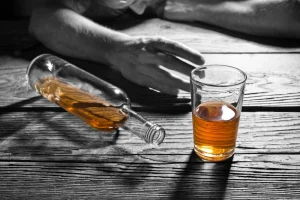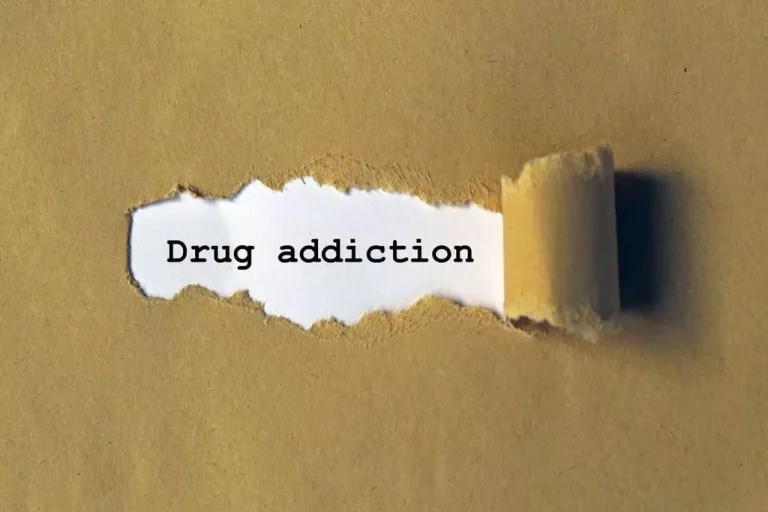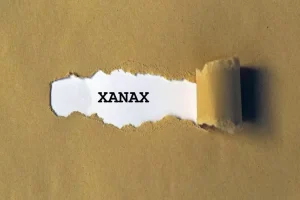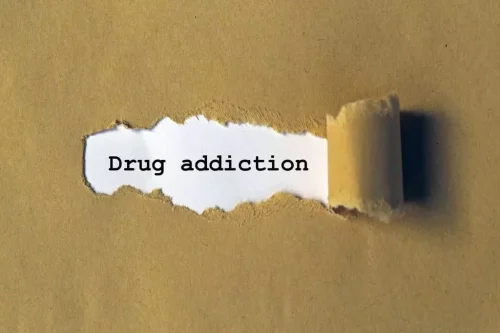
It responds to alcohol by producing antibodies known as immunoglobulin E (IgE). These antibodies trigger an allergic reaction in your body. If you have a true alcohol allergy, even small amounts of alcohol can cause symptoms. This genetic condition means that you experience negative symptoms when drinking alcohol because your body is unable to process it properly. Because the body can’t break down alcohol, it’s toxic byproducts flood the system and accumulate with each drink you have. Ok, so now that we’ve answered the question – why does my nose get stuffy when I drink?
- Most people involuntarily close their eyes to shield themselves from irritants ejected via their nose and mouth, explained Dr. Purkey.
- According to the CDC, moderate drinking is defined as having two standard drinks or less per day for men and one drink or less per day for women.
- If someone has a true allergy to alcohol, they should avoid the substance entirely.
- An alcohol allergy and alcohol intolerance are two different conditions.
- In rare cases, pain after drinking alcohol might be a sign that you have Hodgkin’s lymphoma.
Is going red a sign you’re allergic to alcohol?
Unfortunately, nothing can prevent reactions to alcohol or ingredients in alcoholic beverages. To avoid sneezing after drinking alcohol a reaction, avoid alcohol or the particular substance that causes your reaction. For many people, wine is the drink that causes them to sneeze. This is likely because wine contains histamines, which trigger allergies.
Complications Associated With Holding Back a Sneeze
There is no surefire method to stop yourself from sneezing in a moment. Instead, one of the best courses of action is to find what triggers your sneezing. However, giving up alcohol right away isn’t sustainable or desirable for most people. After all, studies have shown that almost 50% of adults wish to reduce their intake without giving up alcohol altogether. While alcohol sends you into dreamland quicker, there’s a good chance that having too much will lead to a night of tossing and turning once its sedative effects wear off.
Yellowing of your skin and eyes
- Histamine triggers an allergic reaction, and symptoms include sneezing, runny eyes, coughing, and runny nose.
- But it usually doesn’t indicate a serious health condition.
- It usually happens when things like dust, pollen or viruses irritate the mucus membranes that line your nose and throat.
- If you develop symptoms after drinking alcohol, make an appointment with your doctor.
The body produces antibodies, and when they encounter alcohol, they set off a systemic allergic reaction. In some cases, they might use an oral challenge test to diagnose an allergy or intolerance. In this procedure, they will ask you to consume a sample of your suspected trigger. It could also be that alcohol has a natural side effect to make people congested. Alcoholic drinks have a natural vasodilatory effect which expands blood vessels.
Physical Signs You’re Drinking Too Much
As if feeling awful weren’t bad enough, frequent hangovers also are linked with poor performance and conflict at home, school and work. One in three people can make themselves sneeze by looking at a bright light. Researchers aren’t exactly sure how photic sneezing occurs. Some think it happens when a light source stimulates a branch of your parasympathetic nervous system.
– it’s time to determine whether this is really a cause for concern or not. This is especially true if you suffer the occasional 2-day hangover. Just like wine, beer has a lot of ingredients that can make someone react negatively. Some of the most common culprits for reactions are gluten, hops, wheat, and yeast.

- If you’ve noticed consistent weight gain, it may be time to reflect on your drinking habits.
- Gas and bloating have a lot of other possible causes, though, so for a more certain diagnosis, talk to your doctor about your symptoms.
- If people experience symptoms after drinking alcohol, they should speak with a doctor for further advice.
- It may be discomforting but is rarely indicative of a severe problem.
- If allergies are suspected, allergy skin testing or blood testing may be done.
If a certain drink (or several) doesn’t agree with you, then steer clear. “Reactions to alcohol are unlikely to be caused by a ‘true’ allergy,” explains Holly Shaw, Nurse Advisor at Allergy UK. It’s pretty normal to feel ropey the day after drinking alcohol (especially as so many of the most popular hangover cures are actually myths, sorry).
- Sneezing sends up to 40,000 tiny droplets from your mouth and nose into the air or on nearby surfaces.
- Closing your eyes when you sneeze is an automatic reflex reaction.
- If you experience these symptoms after drinking alcohol, you must see a doctor as you may need to be treated for an allergy.
- When it comes to drinking, there’s a big difference between feeling tipsy and having symptoms of alcohol intolerance.
- The blood vessels around your nasal cavity can expand, making it a bit more difficult to breathe normally.
As a result, you’ll enjoy better sleep, improved mood and energy, and fewer wellness issues. Alcohol suppresses rapid eye movement, or REM sleep, which is an essential restorative stage of sleep your body requires. And since alcohol is a diuretic, you’ll probably visit the bathroom more frequently at night, which can significantly hinder sleep. If you’ve ever had to nurse a hangover, nausea and vomiting are commonly part and parcel of the ordeal.


Hence, seeking professional medical advice is crucial if you notice such symptoms. Additionally, heavy drinkers usually get most of their calories from alcohol. The problem is that alcohol is a wellspring of empty calories—which are calories with minimal nutritional value.
These can include ensuring your furnace filters are clean, using air filters to reduce the amount of pollen in indoor air, and washing your linens in hot water to kill dust mites. A protein on the skin of a grape, mostly those in red wines, can contribute to symptoms in those who already have allergies, according to a German study. Watch that glass of red wine or hoppy beer if you have food allergies. The doctor may refer the person to an allergy specialist for further testing and treatment. The enzyme diamine oxidase breaks down histamine that people consume from foods and beverages. If people do not produce enough of this enzyme, they may not break down histamine efficiently, which may lead to intolerance symptoms.





